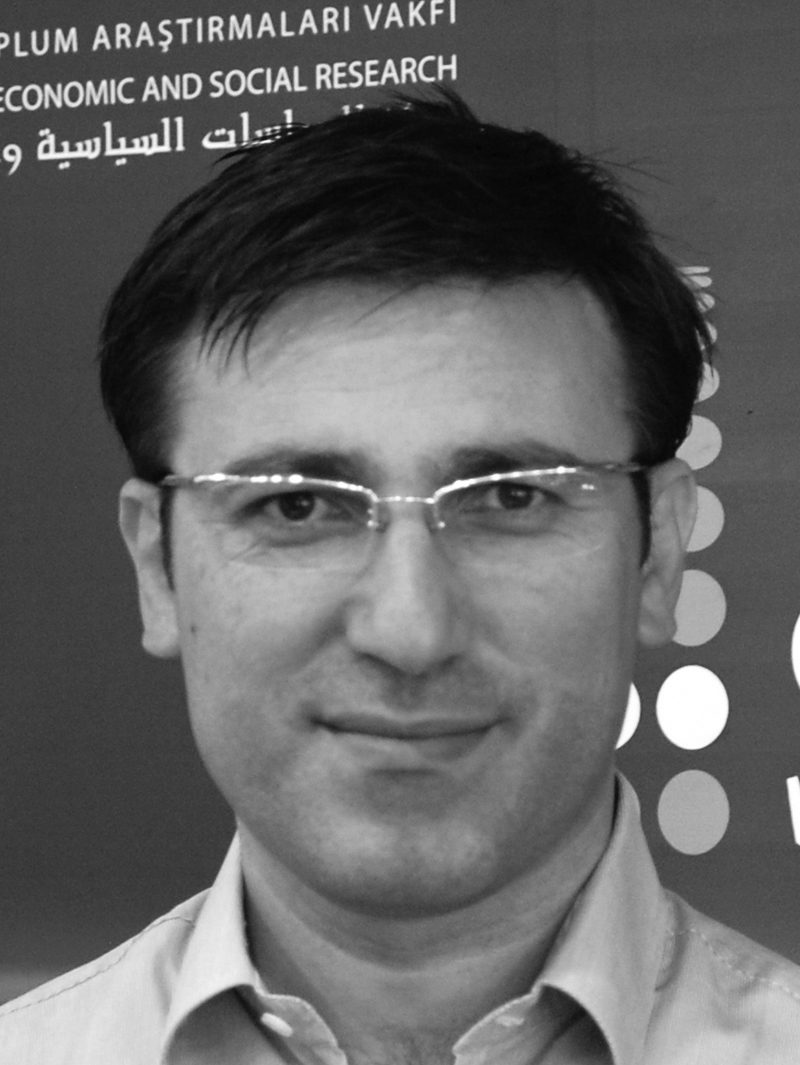Islam is the fastest growing religion in the world. Today there are increasing numbers of Muslim diasporic communities in Europe. Since 9/11 Islam and Muslim communities were put under the spotlight and public gaze. Although numerous publications hit the bookshelves, a number of ill informed analyses of Islam and approaches to Muslim communities still dominate the popular public opinion in the West. Misperceptions about Islam and Muslims in particular gave rise to the essentialist views of this faith and its followers as fundamentalist, pro-violence, uncompromising and anti-Western. It is time to challenge the monolithic perception of Muslims in Europe and argue that Turkish Muslims constitute a changing diasporic community defying clichés and common stereotypes about Muslims. The Turkish community in Europe is part of the emerging ‘European Islam’ and has its own diversity in the expression of Turkish-Muslim identity.
Muslims constitute a significant community with an estimated number of twelve million Western Europe. Although the presence of Muslims in Europe is not a new phenomenon, it could be argued that the expression of Islamic identity has become more pronounced and Muslims have become more visible in recent years. Bombings in Spain and England as well as recent crisis triggered by cartoons published in Denmark and some other European countries made many people to turn their eyes to Muslims. Misbehaviour of some Muslims in the name of religion and misperceptions about Islam give rise to the essentialist views of this faith and its followers as fundamentalist, pro-violence, uncompromising and anti-Western. However, drawing upon a pool of long-term research on Muslims in Europe one can argue that Turkish Muslims constitute a changing diasporic community defying clichés and common stereotypes about Muslims in Europe. Today, many Western European countries have a sizeable immigrant population of different ethnic, racial, religious and national origins, including Turkish Muslims, as a result of transnational migration and settlement. The estimated number of Turkish Muslims in European countries is more than 3 million. The Turkish community in Europe is part of the emerging ‘European Islam’ and has its own diversity in the expression of Turkish-Muslim identity. Therefore a proper understanding of Muslim communities in Europe depends upon the analysis of multiple ‘Islams’ as perception and interpretation of a universal religion rather than looking at ‘Islam’ as a static, fixed and monolithic faith which is resistant to social change. Muslims in diaspora display a great diversity in their perceptions and practices of Islam as well as the ways in which they relate their faith to the larger society. Turkish Muslim community in this context can play a positive role in bridging the ‘imagined civilisational gap’ between Muslims and the West through the expression and institutionalisation of their tolerant, pluralist and embracing understanding of moderate Islamic faith which emerged in Turkey under the influence of Sufi interpretation in interaction with local customs and religious traditions in a frontier state throughout the centuries. Turkish Muslims are part of the larger Muslim community in Europe and religion is one of the significant markers of Turkish collective identity. Therefore, the first generation of the Turkish community established Islamic institutions as soon as they acquired sufficient resources. These institutions were meant to facilitate the transmission of religious values to young Turks. However, attitudes of young people towards religion are changing. Although the majority of young Turks still believe in the basic principles of Islam, it seems that religion is becoming a symbolic attachment for many of them. Intellectual dimension of religious commitment among young Turks clearly indicates that young people know very little about Islam. As mentioned earlier Islam is one of the indispensable components of
